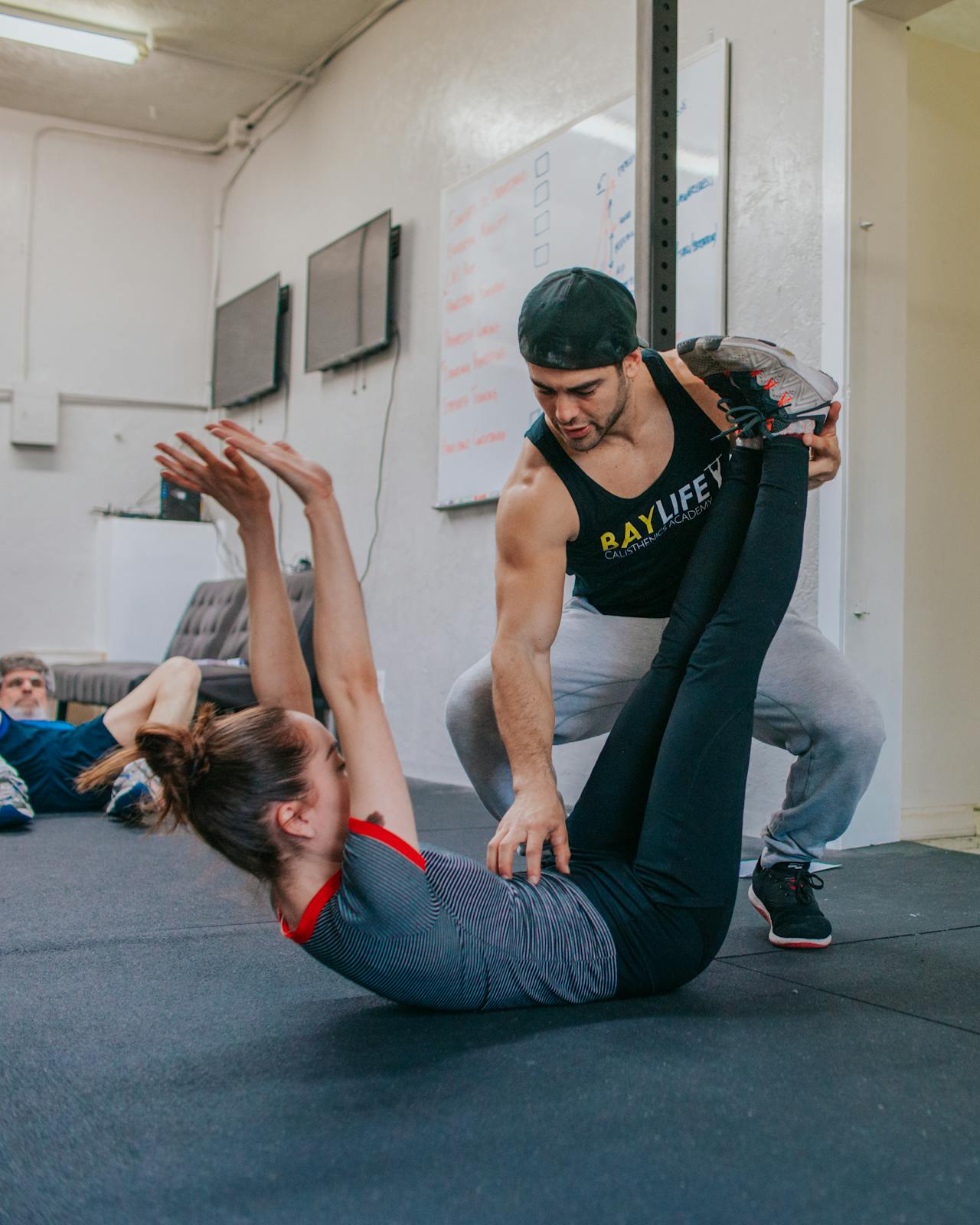Success in the fitness industry, much like in any business, begins with a solid strategy. A well-structured plan provides clarity, direction, and a system for allocating time and resources efficiently. Without a plan, fitness professionals may find themselves reacting to circumstances rather than proactively shaping their business growth. A strategic plan should outline long-term objectives, short-term actions, and key milestones to measure progress. Just as a client follows a structured workout plan to achieve results, fitness professionals must adopt a methodical approach to business development. This includes identifying target clientele, establishing a clear brand identity, and determining the best ways to scale operations. Strategic thinking not only reduces uncertainty but also ensures that every effort contributes to meaningful progress, making it easier to navigate challenges and seize opportunities as they arise.
Understand the Financial Aspects of the Business
Many fitness professionals enter the industry with a passion for health and wellness but lack the financial literacy required to run a sustainable business. Understanding revenue streams, expenses, pricing strategies, and profitability is just as crucial as mastering training techniques. A financially aware professional knows that profitability is not just about increasing prices but about optimizing efficiency, minimizing unnecessary expenses, and maximizing client retention. Effective budgeting plays a central role in financial stability, allowing fitness professionals to allocate funds wisely for marketing, education, and equipment investments. Without proper financial oversight, even the most skilled trainers can struggle to maintain a profitable business. Moreover, knowing how to price services competitively while maintaining value is key to attracting clients and sustaining long-term growth. Financial success in the fitness industry is not about chasing quick profits but about creating a stable and scalable model that supports both professional goals and client satisfaction.
Position Yourself Effectively in the Market
In an industry saturated with personal trainers, online coaches, and boutique gyms, standing out is essential. Market positioning is not just about offering workouts; it's about defining what makes your services unique and ensuring that message reaches the right audience. Fitness professionals who fail to differentiate themselves often struggle to attract and retain clients. Successful trainers identify their niche—whether it's strength training for seniors, sports performance coaching, or holistic wellness—and develop a brand identity around it. Branding extends beyond a logo or social media presence; it encompasses the values, communication style, and experience clients associate with the business. Effective marketing strategies include a strong online presence, client testimonials, educational content, and personalized engagement. A well-defined brand creates trust and authority, making it easier for potential clients to choose your services over the competition. By clearly positioning themselves in the market, fitness professionals can build a loyal client base and establish themselves as experts in their field.
Develop Strong Communication and Leadership Skills
Communication is at the heart of client relationships, team collaboration, and business negotiations. Fitness professionals who master verbal, non-verbal, and written communication can better convey expectations, motivate clients, and establish trust. Beyond technical knowledge, successful trainers understand the psychology behind motivation and behavior change, tailoring their approach to individual client needs. Effective leadership extends beyond working with clients—it involves managing business relationships, mentoring staff, and engaging with the fitness community. Whether through social media, public speaking, or one-on-one coaching, clear and compelling communication enhances credibility and client satisfaction. Strong leaders in the fitness industry inspire others, foster community, and create an environment where both clients and employees feel valued. By improving communication and leadership skills, fitness professionals enhance their business reputation and increase their influence in the industry.
Embrace Change and Adapt to Industry Trends
The fitness industry is constantly evolving, with new research, technology, and training methodologies reshaping the landscape. Trainers who resist change risk becoming obsolete, while those who stay ahead of trends maintain relevance and credibility. Innovations such as virtual training, wearable fitness technology, and recovery-based programming have transformed how clients engage with fitness professionals. Keeping up with emerging trends allows trainers to offer modern, evidence-based solutions that align with client expectations. Continuing education, attending industry conferences, and networking with other professionals are essential for staying informed. Flexibility in business models, such as offering hybrid training options or diversifying income streams, ensures resilience in an unpredictable market. Those who adapt and innovate can leverage change to their advantage, turning industry shifts into opportunities for growth and differentiation.
Maintain a Long-Term Vision for Success
True success in the fitness business extends beyond short-term wins; it requires a long-term vision that balances financial sustainability with professional fulfillment. Trainers who focus solely on immediate gains, such as increasing prices or maximizing client volume, often experience burnout and client turnover. Sustainable success comes from building meaningful client relationships, continuously improving skills, and creating a business model that aligns with personal and professional goals. Long-term planning includes setting financial goals, investing in education, and considering business expansion opportunities such as opening a gym or developing online programs. Additionally, prioritizing work-life balance prevents burnout, ensuring longevity in the profession. A strategic, forward-thinking approach enables fitness professionals to create a legacy rather than merely a paycheck. By consistently refining their craft and adapting to industry demands, they can achieve both financial stability and a fulfilling career.












